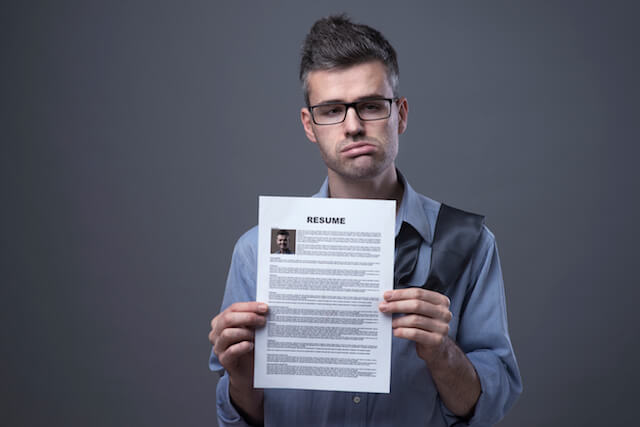As President Donald Trump tweeted the U.S. military would no longer “accept or allow” transgender people to serve, the LGBT community was dealt another blow this week as the Justice Department claimed the Civil Rights Act of 1964 does not protect people from workplace discrimination on the basis of sexual orientation.
In an amicus brief, Justice Department lawyers wrote Title VII of the Civil Rights Act, which prohibits discrimination on the basis of race, color, religion, national origin and sex, does not protect LGBT people from being fired.
“The United States submits that the en banc Court should reaffirm its settled precedent holding, consistent with the longstanding position of the Department of Justice, that Title VII does not reach discrimination based on sexual orientation,” the brief reads.
The brief was submitted in the Second Circuit case of Zarda v. Altitude Express. Plaintiff Donald Zarda is suing his former employer, who he claims unlawfully fired him because he is gay.
“The sole question here is whether, as a matter of law, Title VII reaches sexual orientation discrimination. It does not, as has been settled for decades. Any efforts to amend Title VII’s scope should be directed to Congress rather than the courts,” the Justice Department argues in the brief.
Federal opinion on LGBT workplace discrimination
The Equal Employment Opportunity Commission, an independent federal agency tasked with enforcing the federal anti-discrimination law has filed its own brief in support of Zarda, splitting federal opinion on the matter.
The question of whether Title VII prohibits discrimination based on sexual orientation has been making its way through the courts and is likely to reach as high as the Supreme Court.
“On the day that will go down in history as Anti-LGBT Day, comes one more gratuitous and extraordinary attack on LGBT people’s civil rights. The Sessions-led Justice Department and the Trump administration are actively working to expose people to discrimination,” the ACLU said in a statement. “Fortunately, courts will decide whether the Civil Rights Act protects LGBT people, not an Attorney General and a White House that are hell-bent on playing politics with people’s lives. We are confident that the courts will side with equality and the people.”























